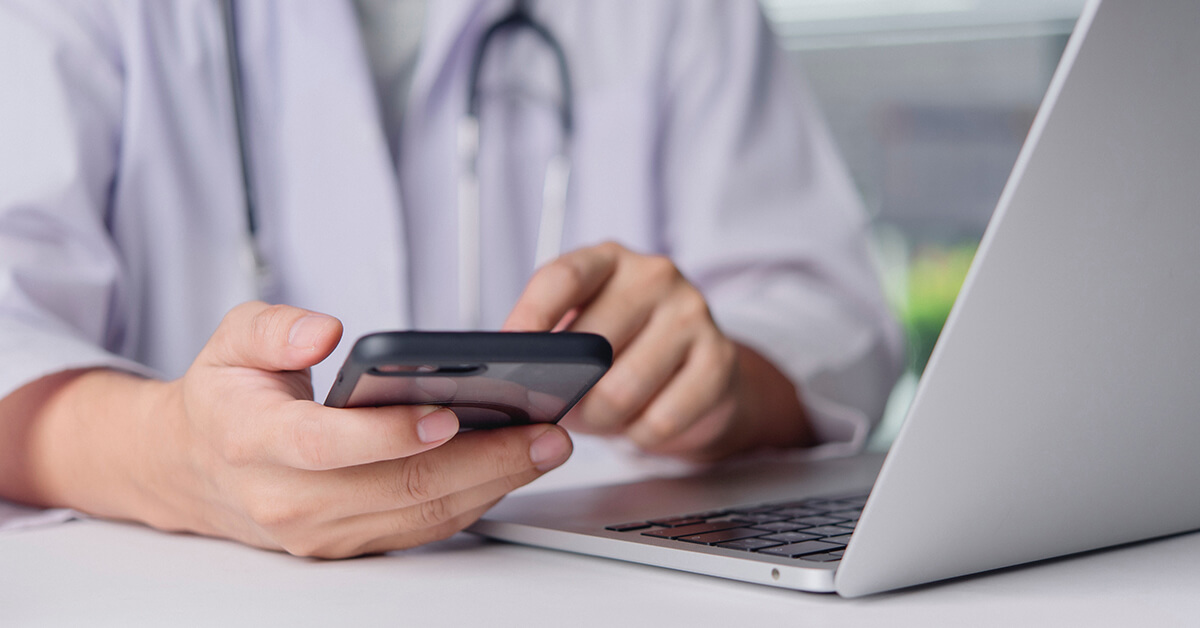October 15, 2025

Study Sends Message on Digital Disparities
From 1983 to 2018, I was a white male with commercial health insurance through my employer. From 2018 to 2023, I was a white male with commercial health insurance through my wife’s employer. In 2024, I was a white male with commercial health insurance purchased over an ACA health insurance exchange. This year, I’m a white male with traditional Medicare coverage.
Though the source of my health insurance has changed over the years, one thing hasn’t changed: I’m still a white male. That has given me certain privileges thanks to the systematic racism in healthcare.
One of those privileges, according to a new study published in JAMA Network Open, is a faster response from my primary care physician (PCP) to a question I sent them through my patient portal.
Seven researchers from Brigham and Women’s Hospital, University of California at San Francisco, Harvard Business School, Vanderbilt University Medical Center, University of Texas Southwestern Medical Center, and Harvard School of Public Health wanted to know how long it took PCPs or someone within the PCPs’ care team to respond to asynchronous messages sent by patients through the patients’ portal.
The study pool consisted of more than 340,000 patients who sent more than 3.5 million portal messages in 2021 to more than 1,100 PCPs affiliated with the Mass General Brigham health system in Boston. The researchers’ primary outcome was whether the PCP or a care team member responded to the patient’s first message within one or three days. The researchers then teased the results out by race, ethnicity, insurance status and language preference.
Here’s what they found:
- 68.5% of white patients got a response back from their PCP’s office within one business day compared with 69.9% for Asian patients, 65.7% for Black or African American patients and 63.9% for Hispanic or Latino patients.
- 70.0% of patients with commercial insurance got a response back from their PCP’s office within one business day, compared with 66.8% for patients on Medicare, 65.2% of patients on Medicaid and 60.9% of dual-eligible patients on both Medicare and Medicaid.
- 68.4% of patients with an English language preference got a response back from their PCP’s office within one business day compared with 58.0% of patients with a Spanish language preference.
“Given existing known differential care experiences by patient characteristics for care delivered in-person and for diagnostic and treatment approaches, our findings raise concern that electronic communication reflected disparities observed in experiences of care in other settings,” the researchers said.
In non-research speak, that means that the health disparities, the lack of health equity, the prejudices and the biases in traditional in-person care settings have migrated into digital health settings. The digital front door opens wider for some people than others, no different than the main entrance to the hospital or medical office building.
With the Trump regime’s dismantling of DEI- and health disparity-related departments, initiatives and research, it will be up to private-sector healthcare organizations to push the door — physical or digital — wide open for everyone.
To learn more about this topic, please read:





